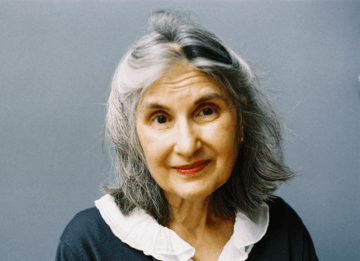Samuel Loncar in Marginalia:
What do you make of the dominance of the conception of “science,” as someone who’s familiar with the European context? “Science” has narrowed its meaning in the English language, moving from the whole of knowledge to just the natural sciences. This narrowness is fairly recent: the mid- to late-nineteenth century is when historians tell us our current idea of “science” and “scientists” originated. So how do you see the current role of the word and concept “science” in our culture?
 Lorraine Daston: You’re right about the contraction of the expansiveness of “science,” which in all the European languages that derived some cognate from the Latin scientia used to refer to any form of organized knowledge. But it contracts not only in English but also in French, albeit a bit later in the late nineteenth and the early twentieth century. The French term for the scientist or scholar goes from being savant, which is still a word you can easily encounter in nineteenth-century French, to scientifique to refer exclusively to a scientist. And it surely has to do with the soaring prestige of the natural sciences, which is also the case in Germany.
Lorraine Daston: You’re right about the contraction of the expansiveness of “science,” which in all the European languages that derived some cognate from the Latin scientia used to refer to any form of organized knowledge. But it contracts not only in English but also in French, albeit a bit later in the late nineteenth and the early twentieth century. The French term for the scientist or scholar goes from being savant, which is still a word you can easily encounter in nineteenth-century French, to scientifique to refer exclusively to a scientist. And it surely has to do with the soaring prestige of the natural sciences, which is also the case in Germany.
More here.
